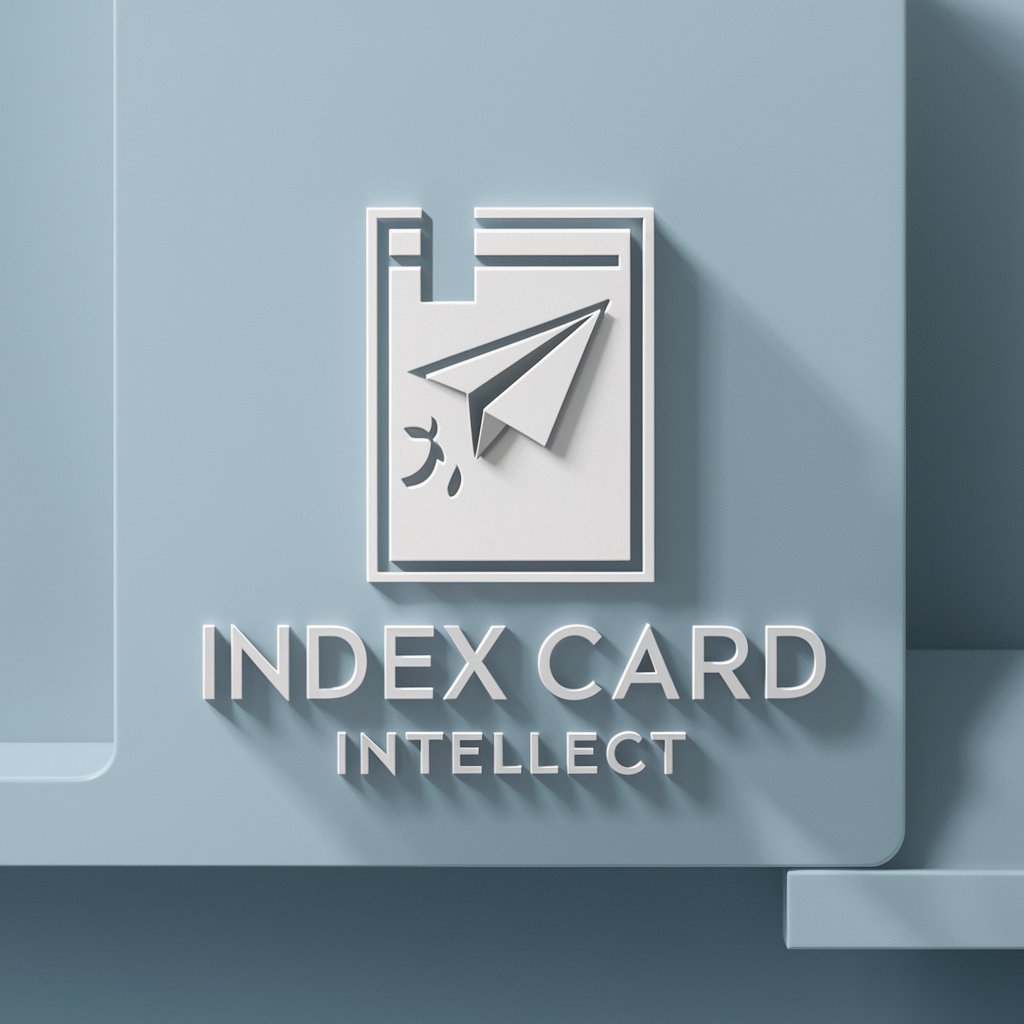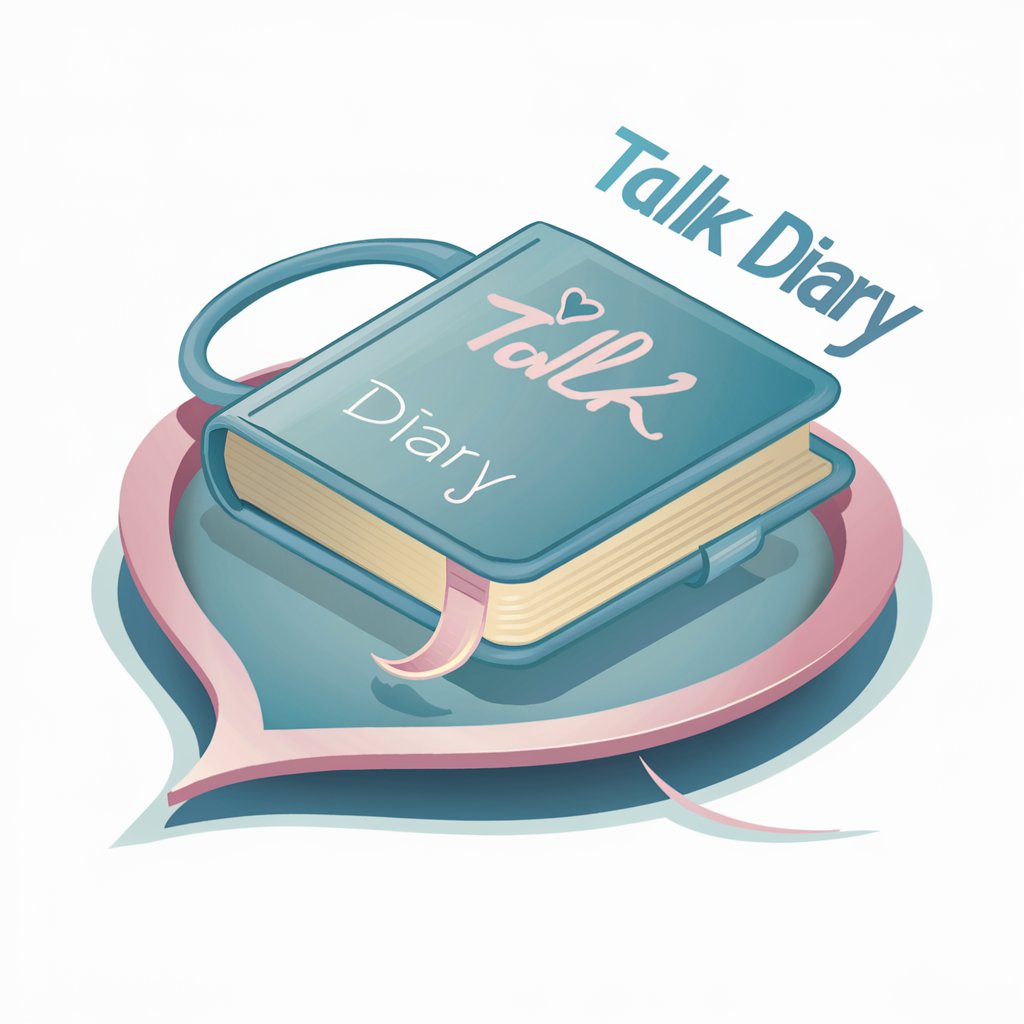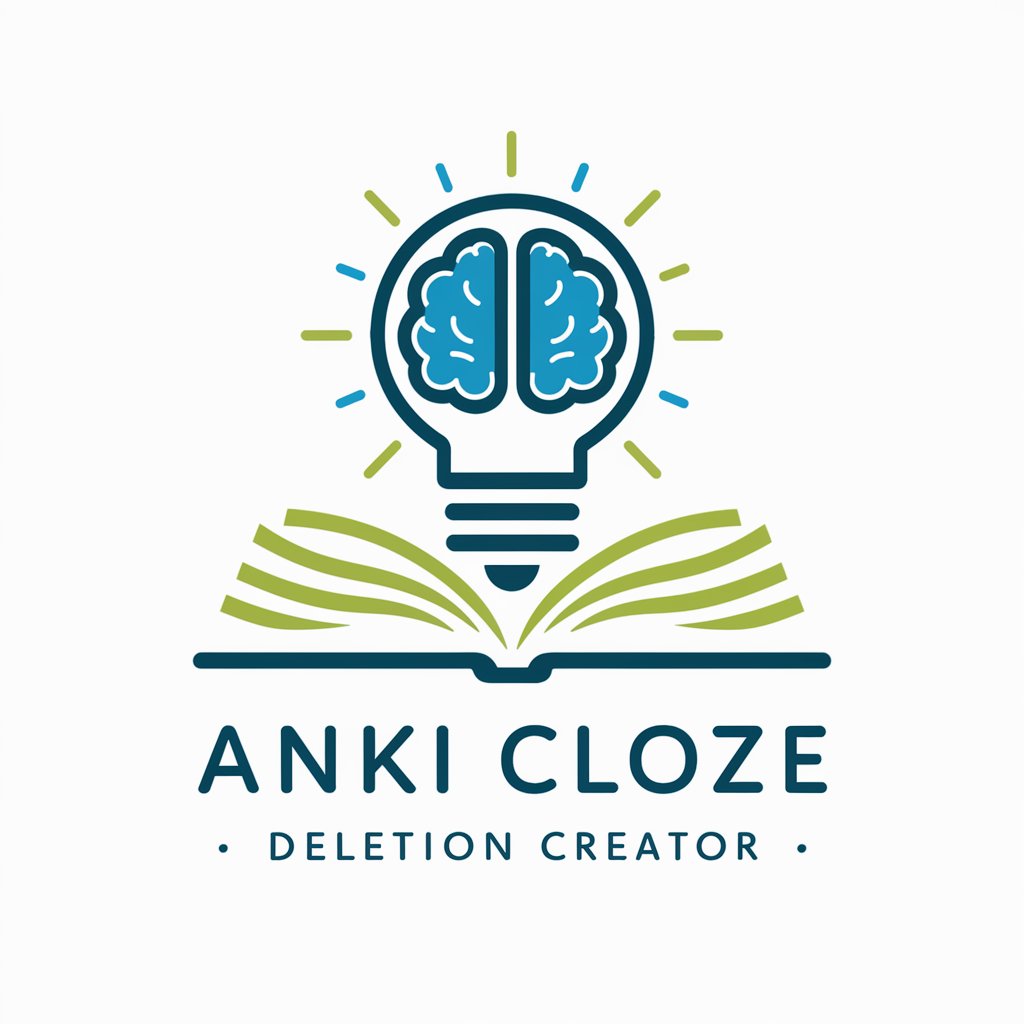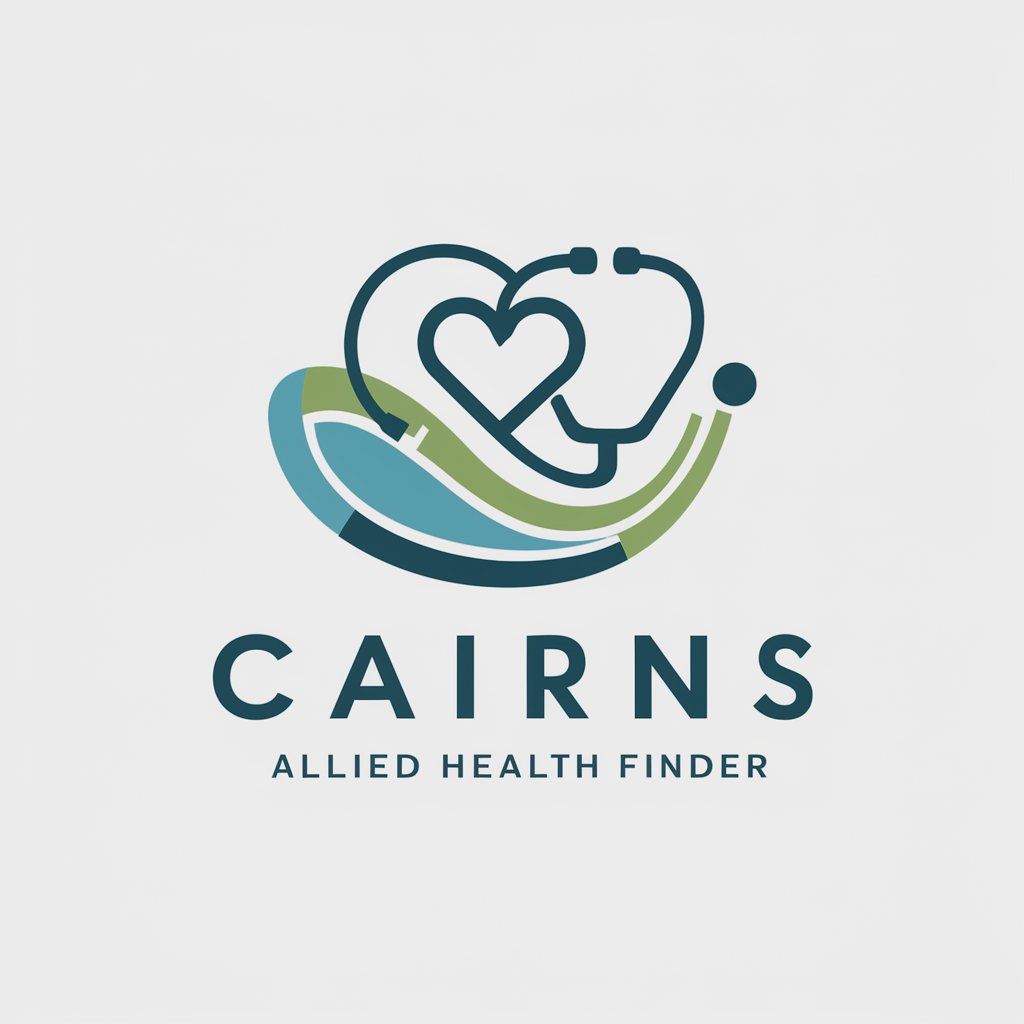Pharmacy - AI-powered pharmaceutical assistance

Welcome to Pharmacy! How can I assist you today?
AI-Powered Guidance for Medications & Drugs
What are the side effects of...
Can I take... with...
Tell me about this medication...
Dosage recommendations for...
Get Embed Code
Overview of Pharmacy
Pharmacy is a specialized AI assistant focused on providing pharmaceutical-related information. It is designed to assist users with detailed guidance about medications, drug interactions, dosages, side effects, and general pharmaceutical knowledge. The primary purpose of Pharmacy is to offer accurate, real-time, and comprehensive information that helps individuals make informed decisions about their medications and health-related issues. This service is not a replacement for professional medical advice, but a support tool to complement healthcare consultations. For instance, a user experiencing potential side effects from a medication may ask Pharmacy for an in-depth explanation of the drug’s side effect profile. Pharmacy would provide detailed descriptions of common, less common, and rare side effects, with information on how severe or life-threatening these might be. In another case, a user taking multiple medications may inquire about potential drug interactions. Pharmacy would cross-reference the medications and provide insights into any interactions, suggesting precautions or advice to consult a physician if necessary. Powered by ChatGPT-4o。

Core Functions of Pharmacy
Drug Interaction Check
Example
A user is prescribed two medications, one for blood pressure and another for anxiety, and they are concerned about potential interactions between the two.
Scenario
Pharmacy can quickly analyze the user’s prescribed medications, cross-checking known interactions between blood pressure medications and anxiolytics. It could inform the user whether the combination might cause issues such as dizziness, hypotension, or other adverse effects, and recommend consulting a doctor if the risk is significant.
Side Effects Information
Example
A patient taking an antibiotic experiences an unusual rash and wants to know if it's related to the medication.
Scenario
Pharmacy would explain the common and rare side effects of the prescribed antibiotic, confirm that rashes can be a possible side effect, and highlight whether the rash is likely to be a mild allergic reaction or a sign of a more serious issue like Stevens-Johnson syndrome, advising the patient to seek medical attention if necessary.
Dosage Guidance
Example
A user is unsure if they should take their pain medication with or without food, or whether to split the dosage throughout the day.
Scenario
Pharmacy would provide detailed guidance on the best practices for taking the medication. For example, it might inform the user that certain medications should be taken with food to prevent stomach irritation, while others have specific time intervals between doses to maintain optimal blood concentration.
General Pharmaceutical Knowledge
Example
A user is curious about how statins work to lower cholesterol.
Scenario
Pharmacy would provide an in-depth explanation of how statins function by inhibiting the enzyme HMG-CoA reductase, which plays a key role in the production of cholesterol in the liver. It might also explain how statins are metabolized and detail common variations between different types of statins, such as atorvastatin versus rosuvastatin.
Pharmacokinetics and Pharmacodynamics Explanations
Example
A healthcare student asks how the body processes metformin and how it acts to control blood glucose levels.
Scenario
Pharmacy would describe the pharmacokinetics (absorption, distribution, metabolism, and excretion) of metformin and explain its pharmacodynamics, focusing on how it reduces glucose production in the liver and improves insulin sensitivity in peripheral tissues.
Target Users of Pharmacy Services
Patients and Caregivers
Patients who are taking medications or caregivers managing medication for others would benefit greatly from Pharmacy. They often have questions about side effects, dosage instructions, and possible drug interactions. Pharmacy offers them reliable, accessible information, empowering them to take control of their health or the health of those they care for, by providing essential details on medication safety and efficacy.
Healthcare Professionals
Doctors, pharmacists, nurses, and other healthcare providers can use Pharmacy as a quick reference tool for drug information, including pharmacodynamics, pharmacokinetics, and interaction details. While healthcare professionals have access to various resources, Pharmacy can serve as a fast, supplementary reference to assist in complex decision-making, especially in fast-paced environments like hospitals or clinics.
Pharmacy Students and Healthcare Learners
Pharmacy students, as well as those studying pharmacology or other health sciences, can use Pharmacy to deepen their understanding of drug mechanisms, side effects, and interactions. By providing detailed explanations and case-based scenarios, Pharmacy helps bridge the gap between theoretical knowledge and practical application, making it an ideal study aid.
Individuals Managing Chronic Conditions
People managing chronic conditions such as diabetes, hypertension, or asthma often take multiple medications and must be vigilant about how their drugs interact. These individuals benefit from Pharmacy’s ability to provide detailed, customized drug interaction checks and side effect profiles, helping them avoid dangerous combinations or spot early signs of complications.
General Health-Conscious Individuals
Individuals who are proactive about their health and well-being but may not have specific conditions or prescribed medications can still use Pharmacy to understand over-the-counter medications, supplements, and general pharmaceutical information. They might inquire about how supplements like vitamin D or fish oil interact with their current medications, or seek to learn about safe usage of common pain relievers.

How to Use Pharmacy GPT
1
Visit yeschat.ai for a free trial without login, also no need for ChatGPT Plus.
2
Prepare your specific pharmaceutical or medication-related queries, such as drug interactions, dosage, side effects, or pharmaceutical knowledge.
3
Use clear and detailed questions to ensure accurate responses. You can ask about common prescriptions, over-the-counter medications, or more technical pharmacological details.
4
For advanced queries, leverage tools like browsing (for current information) or image generation to visualize medical concepts, packaging, or pharmaceutical instructions.
5
Always cross-check the information with a healthcare provider to confirm accuracy, especially when dealing with health-critical decisions.
Try other advanced and practical GPTs
Quantum Ethos
Revolutionizing Interaction with AI

PSWM: FP Meeting Summary
Transforming financial discussions into actionable plans.

Index Card Intellect
Empower Your Intellect with AI-Powered Summaries

Viral video script maker (for news recaps)
Crafting News into Viral Stories

Ask National Football League
Your AI-powered NFL Expert

Talk Diary
Your AI-powered reflective companion.

Immigration Law Helper
Streamlining Immigration with AI

Flying Mentor
Elevate your aerial artistry with AI-powered mentorship.

Anki cloze deletion creator
Empower Learning with AI Flashcard Generation

Cairns Allied Health Finder
Discover Your Next Health Specialist, Powered by AI

Medical Scribe by Heidi
Streamline clinical documentation with AI

Bullfrog Spa Tech
Empowering Your Spa Experience with AI

Common Questions About Pharmacy GPT
What type of queries can I ask Pharmacy?
Pharmacy can handle a wide range of questions related to medications, such as drug interactions, side effects, dosage recommendations, and general pharmaceutical knowledge. It can also assist with more detailed inquiries related to specific health conditions, treatment options, and over-the-counter solutions.
Can Pharmacy provide medical diagnoses?
No, Pharmacy is not designed to diagnose medical conditions. It can provide detailed information about medications and general pharmaceutical guidance, but users should consult healthcare professionals for personal medical advice and diagnosis.
How does Pharmacy ensure the accuracy of its responses?
Pharmacy uses up-to-date pharmaceutical knowledge, references drug databases, and employs AI models trained on medical literature. However, users are always encouraged to verify the information with a pharmacist or healthcare provider, especially when making decisions about treatments.
What are the limitations of Pharmacy GPT?
Pharmacy does not replace healthcare providers. It cannot prescribe medications, interpret laboratory results, or offer personalized medical care. Its responses are based on existing data and pharmaceutical knowledge, which may not always account for an individual's specific health situation.
What additional tools can Pharmacy offer?
Pharmacy can leverage browsing tools to provide the latest information on medications, regulatory changes, or newly released drugs. It can also use image generation tools to help visualize medical concepts, packaging, or instructional diagrams for medication use.
